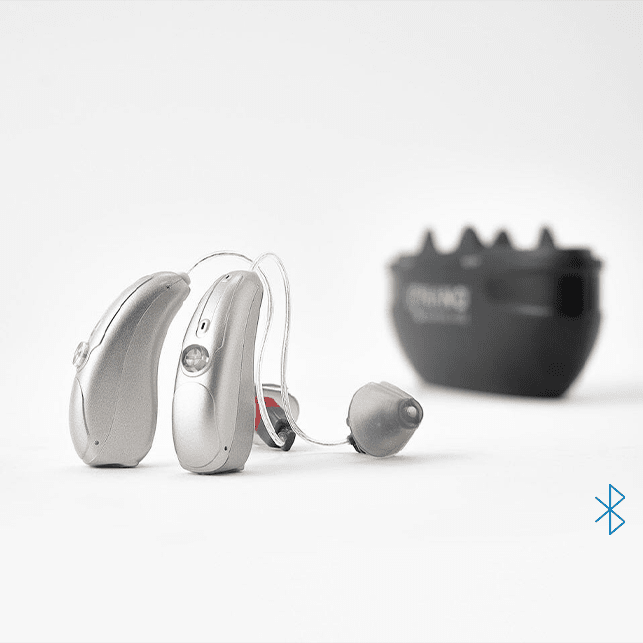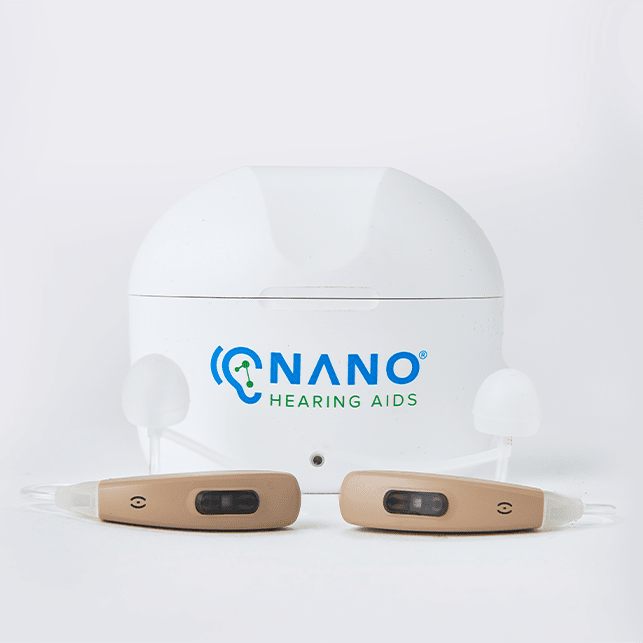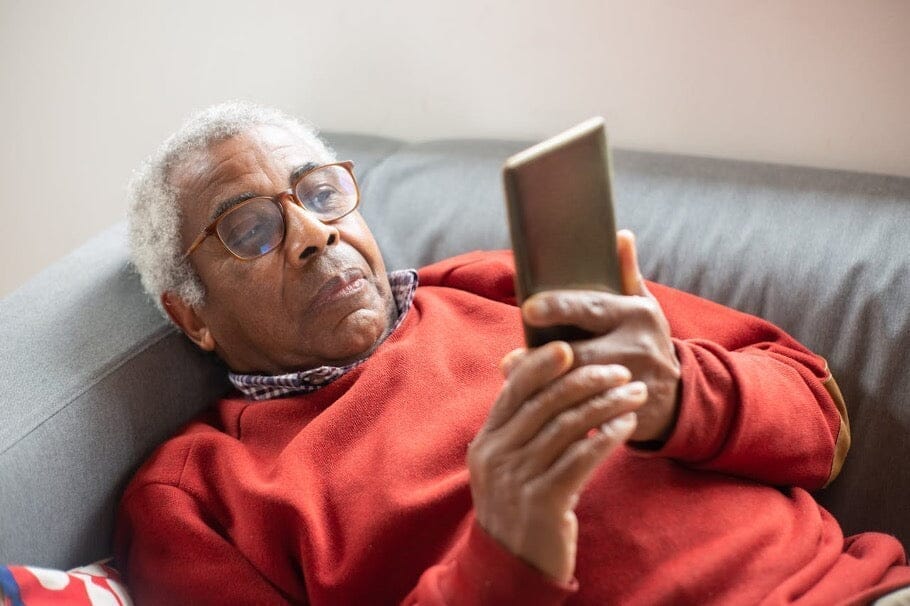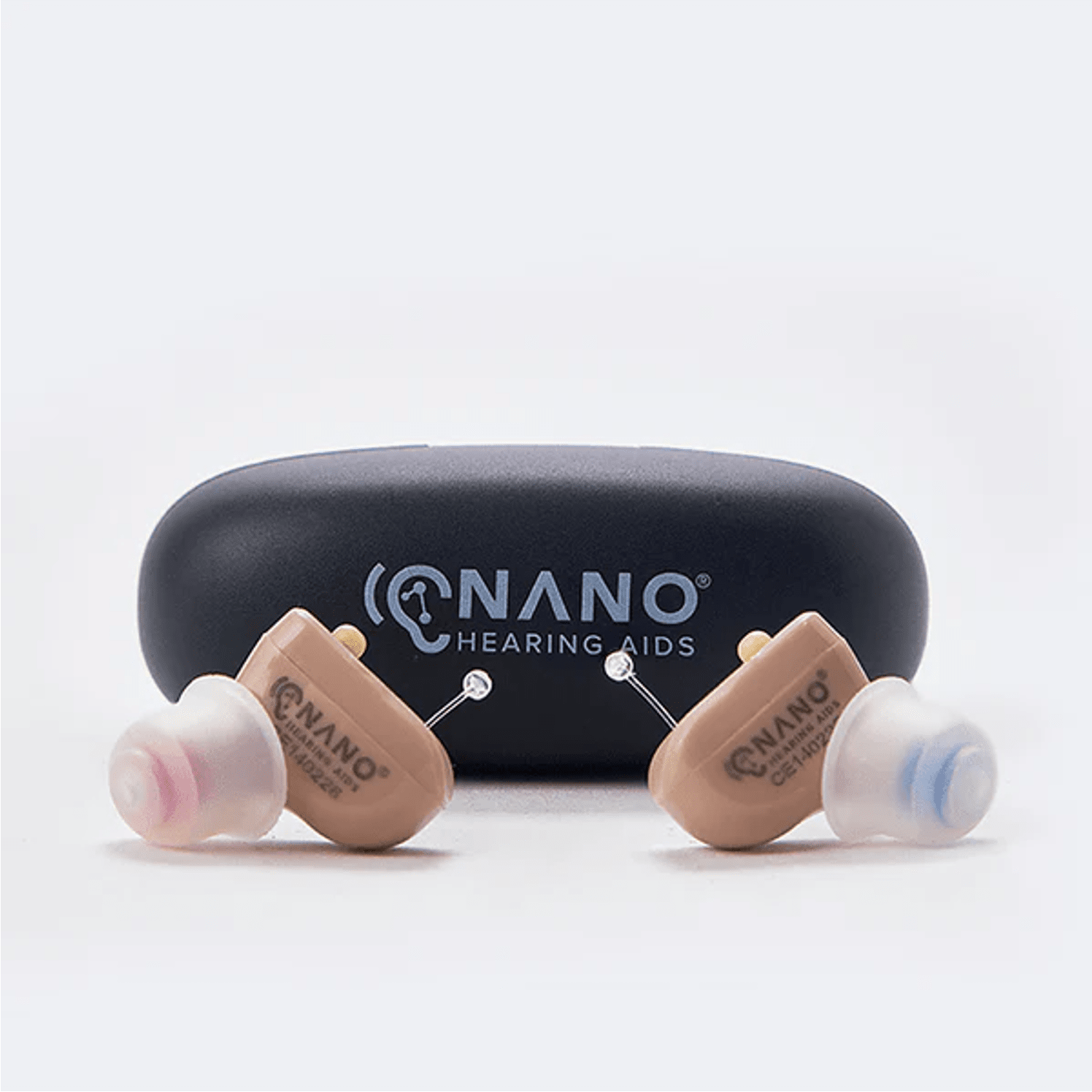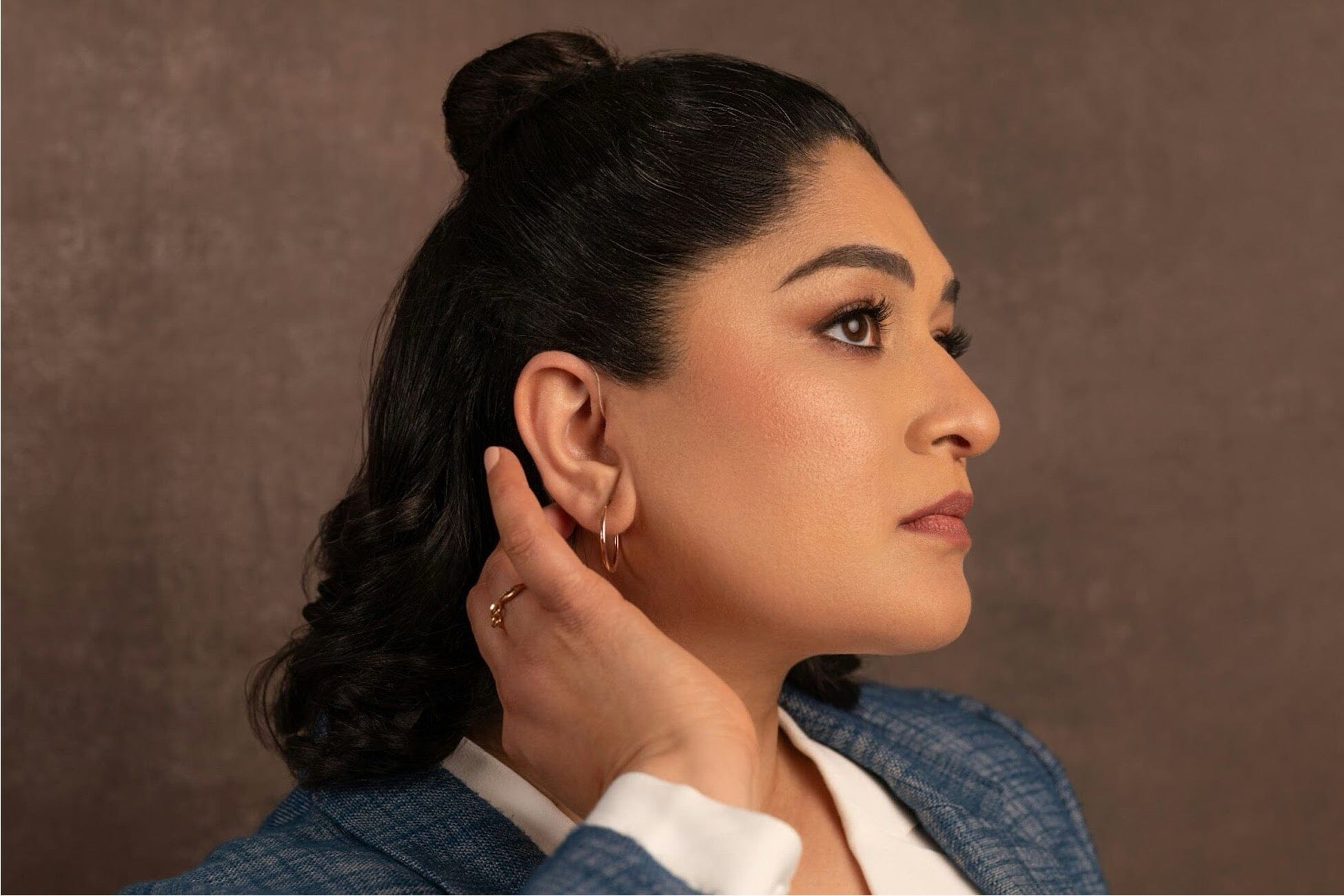Key Takeaways
- OTC hearing aids can be worn during flights and do not need to be turned off.
- Before flying, perform a pre-flight check on your hearing aids to ensure they're in good working order.
- Communicate your hearing needs with airline staff to receive necessary assistance.
- Be prepared to troubleshoot common issues such as pressure changes and battery drain.
- Protect your hearing aids from damage by handling them carefully and using a storage case.
Can I Wear OTC Hearing Aids While Flying?
Traveling by air raises various concerns for individuals with hearing impairments, leading many to wonder about the feasibility of wearing over-the-counter (OTC) hearing aids while flying. Fortunately, wearing OTC hearing aids during flights is not only possible but also advisable. These devices can significantly enhance your travel experience by improving communication with airline staff, facilitating the understanding of announcements, and making the journey more comfortable overall. Adjusting the volume settings or utilizing specific flight modes, if available, can help manage any discomfort during takeoff and landing, ensuring you stay connected and aware of your environment throughout your flight.
NANO Hearing Aids are FDA-registered, Class I devices. Our OTC hearing aids are designed for individuals over 18 years of age with perceived mild to moderate hearing impairment. With prices starting at just $297, they offer a viable solution for those looking to improve their hearing without breaking the bank.
Do's and Don'ts for Wearing OTC Hearing Aids While Flying
Do's:
- Do wear your hearing aids. They can enhance your ability to hear important announcements and communicate with others.
- Do check your hearing aids before the flight. Ensure they are functioning correctly and bring spare batteries or a charging case.
- Do adjust the volume as needed. Cabin noise can vary, so be prepared to adjust your hearing aid's volume for comfort and clarity.
- Do use any available flight mode. Some hearing aids come with a 'flight mode' to reduce potential interference or discomfort during the flight.
- Do inform the flight crew. Letting them know you're wearing hearing aids allows them to provide any necessary assistance.
Don'ts:
- Don't turn off your hearing aids unless instructed to do so for safety reasons. Keep them on to stay informed.
- Don't forget to pack essentials. Ensure you have all necessary accessories, such as batteries and cleaning tools, in your carry-on.
- Don't ignore discomfort. If you experience discomfort due to pressure changes, try swallowing, yawning, or using special earplugs designed for flying.
- Don't leave hearing aids in checked luggage. Always keep them with you to avoid loss or damage.
- Don't hesitate to ask for help. If you're struggling to hear announcements or instructions, ask a fellow passenger or flight attendant for assistance.
OTC Hearing Aid Best Practices While Flying
Most importantly, keeping your hearing aids on during a flight is not only allowed but advisable. They are essential for hearing announcements and communicating with the flight crew. However, there are some best practices to follow to ensure your flight is comfortable and your hearing aids are protected.

Pre-Flight Checklist for OTC Hearing Aid Users
Preparing for a flight involves more than just packing your bags, especially if your children need hearing aids too. As a hearing aid user, there's a pre-flight checklist you should run through to ensure your hearing aids are flight-ready:
- Check the battery level or charge your OTC hearing aids fully before leaving for the airport.
- Carry extra batteries or a portable charger, especially for long flights.
- Review your hearing aid's manual for any specific travel tips or features.
- Consider visiting your audiologist for a pre-travel check-up if you've been experiencing any issues.
By taking these steps, you can avoid any last-minute problems and enjoy a more relaxed journey.
Tips for Communicating with Airline Staff About Your Needs
Clear communication with airline staff is essential for a safe and comfortable flight. Here's how to effectively communicate your hearing needs:
- Inform the staff at check-in and the flight attendants that you are wearing hearing aids.
- Request for any important information to be provided in writing if possible.
- Ask to be seated where you can easily see the flight attendant's safety briefing.
These simple steps can make a big difference in your flying experience.
Troubleshooting Common Hearing Aid Issues at High Altitudes
Changes in cabin pressure during a flight can sometimes affect the performance of your hearing aids. Here are some common issues you might encounter and how to address them:
- If your hearing aids feel uncomfortable due to pressure changes, try a gentle repositioning or removal and reinsertion to equalize the pressure.
- Should you experience feedback or whistling, check the earpiece to ensure it's not blocked by earwax or debris and is inserted properly.
- For hearing aids with multiple settings or programs, experiment with different ones to find the most comfortable option for the flight's conditions.
Being proactive with these troubleshooting steps can help you maintain clear hearing throughout your flight.
Protecting Your Hearing Aid from In-Flight Damages
Your hearing aids are delicate instruments that require careful handling, especially during the rigors of travel. Protect them from in-flight damage with these tips:
- Always store your hearing aids in a sturdy, protective case when not in use, and keep the case with you in your carry-on luggage.
- Avoid exposing your hearing aids to extreme temperatures by not leaving them near windows or in direct sunlight.
- When adjusting or removing your hearing aids during the flight, do so carefully to prevent dropping them.
By safeguarding your hearing aids, you ensure they continue to function optimally, providing you with the auditory assistance you need upon arrival.
Ensuring a Sound Journey: Endnotes on Hearing Health While Traveling
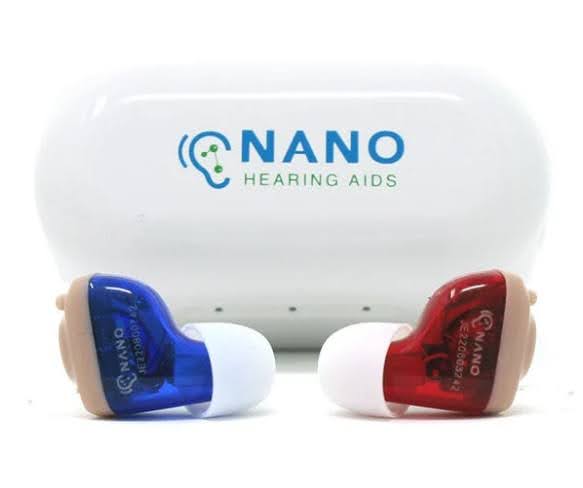
Traveling with hearing aids doesn't have to be a source of anxiety. In fact, a person with hearing loss can be a pilot as well. With a bit of planning and awareness, you can make your travel experience seamless and enjoyable. Remember to check your hearing aids before you leave, communicate your needs to the airline staff, and keep your hearing aids safe during the flight. And if you're looking for quality OTC hearing aids that are perfect for travel, consider Nano OTC hearing aids. They offer a range of hearing aids that are not only affordable but also come with features that cater to the needs of travelers. Safe travels and clear hearing!
Frequently Asked Questions (FAQ)
Can I wear my OTC hearing aids through airport security?
Yes, you can wear your hearing aids through airport security. They do not need to be removed when going through metal detectors or body scanners.
Do I need to turn off my hearing aids during takeoff and landing?
No, you do not need to turn off your hearing aids at any point during the flight. They are not considered electronic devices that could interfere with aircraft operations.
What should I do if my hearing aids are not functioning properly during the flight?
If you experience issues with your hearing aids while flying, it's important to know how to manage the situation. For tips on flying with hearing aids and how to handle potential problems, consider reading this resource on flying with hearing aids. Try repositioning or reinserting them to adjust to pressure changes. If the problem persists, consult your hearing aid's manual or try changing the settings. If you have a spare pair, consider switching to them.
How can I prevent my hearing aids from getting lost or damaged during my trip?
Always store your hearing aids in a protective case when not in use, and keep this case in your carry-on luggage. Consider using a retention cord during the flight to prevent them from falling out.
Can I use the in-flight entertainment system with my hearing aids?
Yes, you can use the in-flight entertainment system. If your hearing aids have Bluetooth capability, you may be able to connect them directly to the system. Otherwise, you can use headphones over your hearing aids or ask for a pair of compatible headphones from the airline staff.

